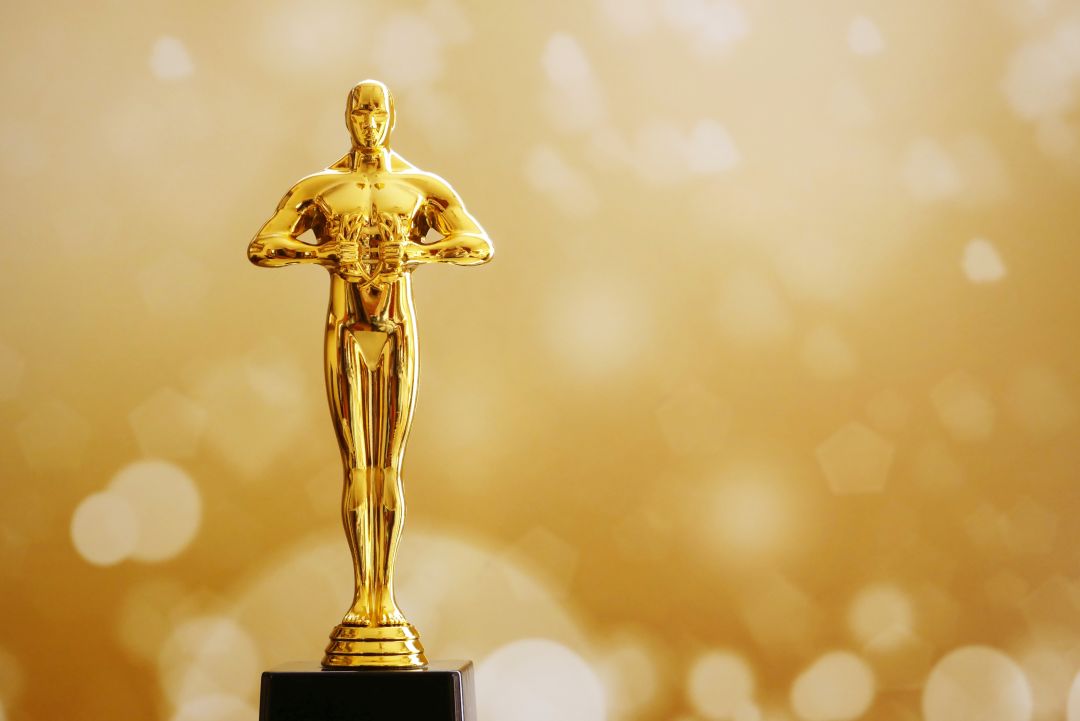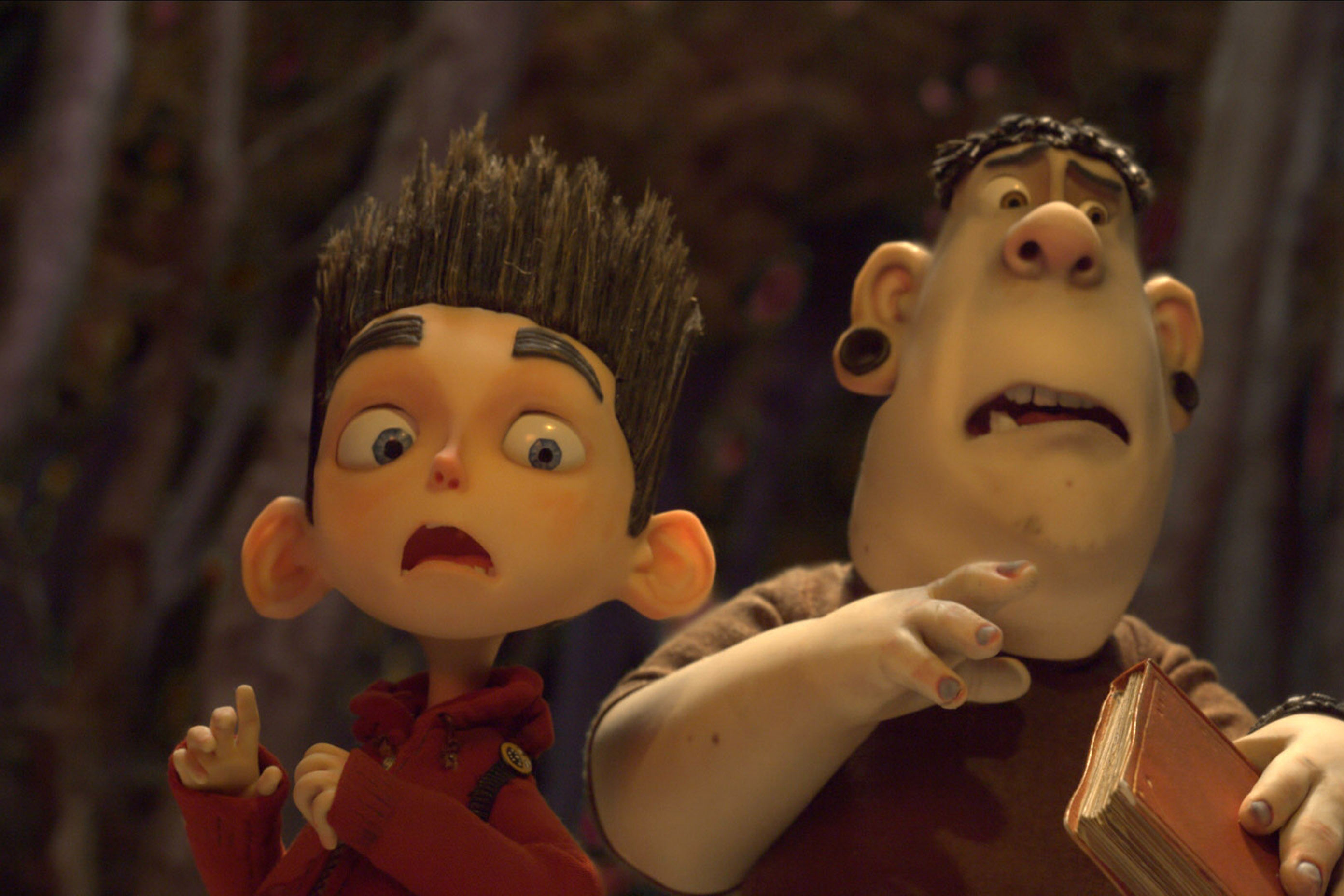The 2022 Oscars Were the Last Gasp from a Dying Civilization

Image: LanKS/Shutterstock
I have, for better or worse, seen every single Oscars broadcast since 2002—with the exception of 2017, when I lived overseas, and the only interesting Oscar moment in my lifetime transpired. It was the Moonlight/La La Land mixup, and when I found out about it, I pretended like it was the craziest thing I had ever heard, then immediately forgot it happened until stray Twitter memes would remind me once in a while. The moment felt kooky, like a punched-up version of John Travolta calling Idina Menzel "Adele Dazeem,” but it didn’t stick in the throat. Words like "shocking" littered the next-morning headlines, but no one was under the illusion that envelope hijinks were an indicator of broader cultural rot.
Enter 2022. The ever-droning pandemic has had four or five false endings, and on Sunday, March 27, the 94th Academy Awards stepped up to the plate as the latest cultural pillar tasked with proving that Everything Is Fine Now, Actually. For a moment, it succeeded: the show began as a fizzy, triumphant spectacle, with a jaw-dropping performance from Beyoncé and a stirring speech from Ariana DeBose, who took home Best Supporting Actress gold for Steven Spielberg’s West Side Story. It then plunged precipitously off a cliff and transcended familiar “bad Oscars” beats, landing instead as something like the dying breath of a doomed civilization.
The bit of Sunday’s ceremony that has (understandably) vacuumed up the most water cooler real estate is The Slap, when Will Smith stormed the Dolby Theater’s stage to hit Chris Rock after Rock took a crack at Jada Pinkett Smith’s baldness. Yes, it was shocking, and yes, it perfectly captured the jittery about-to-snap energy of most social gatherings In These Uncertain etc., but the moment—and Smith’s eyebrow-raising follow-up speech—were mere bits of a delirious, desperate tapestry that gave some of the strongest “rearranging deck chairs on the Titanic” energy we have yet seen in post-2020 popular culture.
Let us begin with the listicles. At two separate points in the broadcast, just before commercial breaks, the Oscars ran the results of Twitter polls that asked the public to name “the five most cheer-worthy movie moments” in history, and the five best films of 2021. The number-one most cheer-worthy moment in all of cinema, per the poll? “The Flash entering the speed force” in Zack Snyder’s Justice League. The number two greatest film of 2021? Amazon Prime’s Cinderella, in which Camila Cabello squeaks an Ed Sheeran song to her betrothed and James Corden plays a sassy mouse.
There is nothing wrong with liking populist entertainment, or with gathering your friends together to get super high and watch the Camila Cabello Cinderella (hypothetically!). But to strain for relevance with such transparent pandering, on a night ostensibly meant to honor excellence, set a twitchy, craven tone. This was amplified by a series of YouTube-style montages that celebrated arbitrary anniversaries of dorm poster movie favorites. Who, pray tell, found themselves delighted to see a bored Uma Thurman and John Travolta dance behind Samuel L. Jackson to celebrate the 28th anniversary of Pulp Fiction?
Even time-honored traditions, like obligatory celebrity soapboxing, felt bloodless. The opening monologue from hosts Amy Schumer, Regina Hall, and Wanda Sykes weakly gestured to Mitch McConnell and Florida’s “Don’t Say Gay” law, but we didn’t hear a word about Ukraine until Mila Kunis introduced Reba McEntire to perform her nominated song “Somehow You Do.”
The performance ended with a title card that appealed to the “global community,” urging it to “do more” before presenting viewers with the hashtag #StandWithUkraine instead of any actionable paths to aid. Seconds later, ABC rolled a somber commercial for crypto dot com, suggesting you could send Ukrainians bread with bitcoin. Near the end of the ceremony, a tearful Jessica Chastain urged viewers to “celebrate the uniqueness that is you” in response to “violence and hate crimes.”
Plenty more moments contributed to an atmosphere of atomization: the hurried disregard for most technical categories, the batshit insane performance of “We Don’t Talk About Bruno” that ended in front of a backdrop featuring the Eiffel Tower and Statue of Liberty(???), Jamie Lee Curtis clutching an uncomfortable chihuahua in Betty White’s memory. Once Smith slapped Rock, lips tightened, knuckles whitened, and the final few categories were presented in a whispered whoosh. Any Beyoncé or DeBose-sized joy had leaked from the room, everyone on Twitter had predictably lost their minds, and then it ended, and we all turned off our TVs, and probably wondered whether or not we were going to wear a mask to the grocery store.
I don’t harbor any illusions about the place of the Academy Awards, nor do I take (that much) pleasure in sounding the “we’re doomed” alarm. But it was hard to walk away from Sunday’s tense, unhappy spectacle with any sense of social coherence. We’ll all survive if the silly movie pageant belly flops, but this particular belly flop had too many echoes of our collective ills: the burst of unexpected violence; the confused, one-dimensional “activism”; the sidelining of artistry in the name of content. Hollywood’s biggest night was a reminder that stars are, indeed, just like us—and none of us are doing very well.




